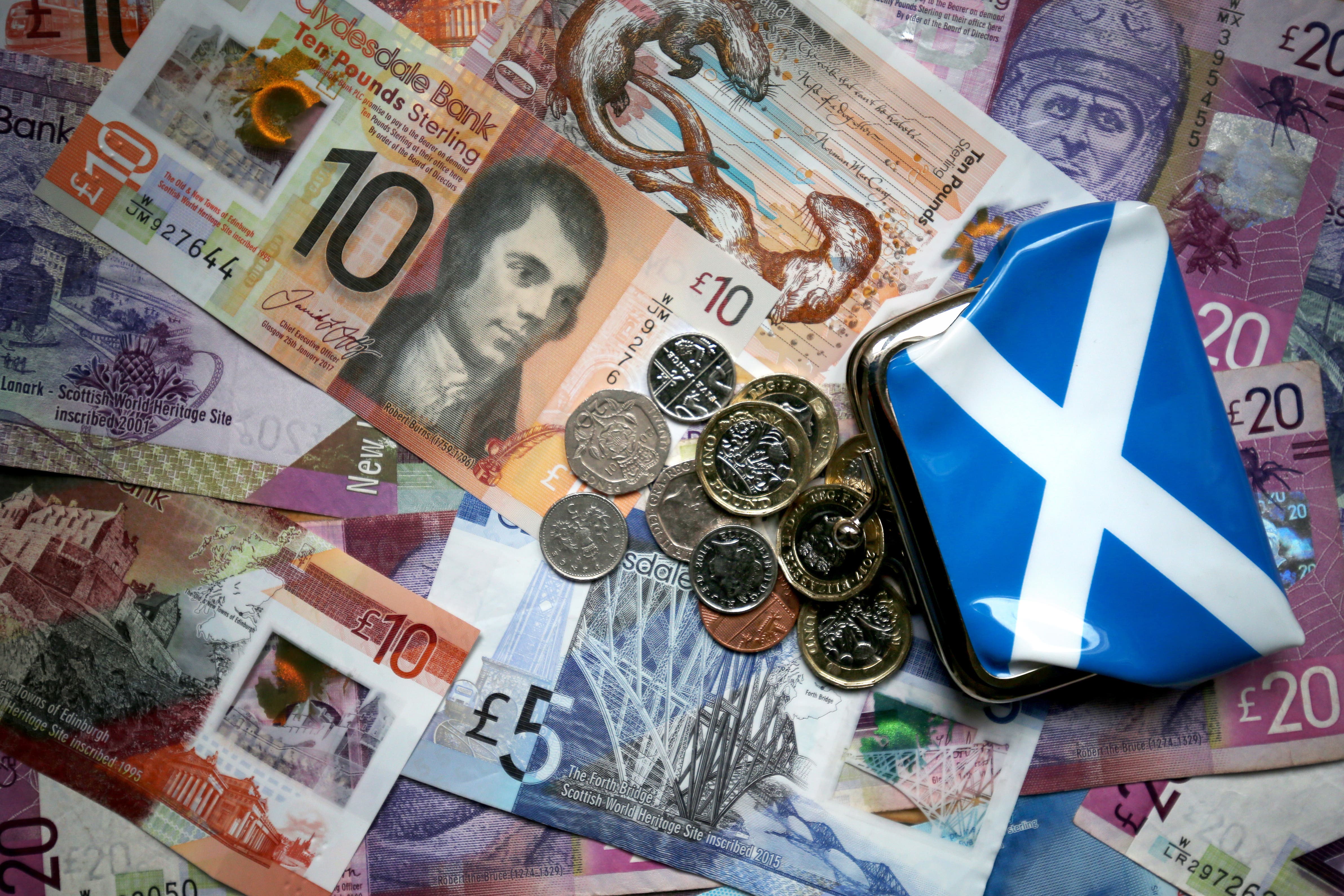Scottish deficit increases by 2% but revenue rises
The Government Expenditure and Revenue Scotland figures have been published for 2023-24.

Your support helps us to tell the story
From reproductive rights to climate change to Big Tech, The Independent is on the ground when the story is developing. Whether it's investigating the financials of Elon Musk's pro-Trump PAC or producing our latest documentary, 'The A Word', which shines a light on the American women fighting for reproductive rights, we know how important it is to parse out the facts from the messaging.
At such a critical moment in US history, we need reporters on the ground. Your donation allows us to keep sending journalists to speak to both sides of the story.
The Independent is trusted by Americans across the entire political spectrum. And unlike many other quality news outlets, we choose not to lock Americans out of our reporting and analysis with paywalls. We believe quality journalism should be available to everyone, paid for by those who can afford it.
Your support makes all the difference.Scotland’s deficit has increased by more than £4.5 billion in the past year, data shows, reaching more than double the proportion of the UK GDP figure.
The Government Expenditure and Revenue Scotland (Gers) figures show a net fiscal deficit of £22.68 billion in 2023-24, compared to just over £18 billion the previous year.
As a percentage of the country’s GDP, the deficit has increased from 8.4% to 10.4%, compared to the UK deficit which fell from 5% to 4.5% in the same period.
Total revenue increased in Scotland from £86.9 billion to £88.5 billion.
Government expenditure per person in Scotland is £2,417 higher than the rest of the UK, with £20,418 spent on average for every single person north of the border.
Scottish Finance Secretary Shona Robison said the deficit is “not a reflection on the finances or policies of the Scottish Government – it is a reflection of UK Government choices”.
She added: “As an independent nation, we would have the powers to make different choices.
“As it is, we are using all the powers we do have to deliver our priorities of growing the economy, investing in net zero, eradicating child poverty and delivering strong public services.”
Ms Robison – who visited Edinburgh Napier University to mark the publication of the figures – hailed the increase in revenue, which she said was due in part to “our progressive approach to tax and the revenue from renewable energy”.
But the Scotland Office pointed to the level of spending per head north of the border.
“These figures underline the collective economic strength of the United Kingdom,” said minister Kirsty McNeill.
“By pooling and sharing resources across the UK, Scots benefit by £2,417 more per head in public spending than the UK average.
“That means more money for schools and hospitals, if the Scottish Parliament chooses to invest in those areas.
“Ensuring economic stability and then delivering economic growth are two of the driving missions of the UK Government.
“We have reset relationships with partners across the UK and want to work closely with the Scottish Government to produce better results for people in Scotland.”